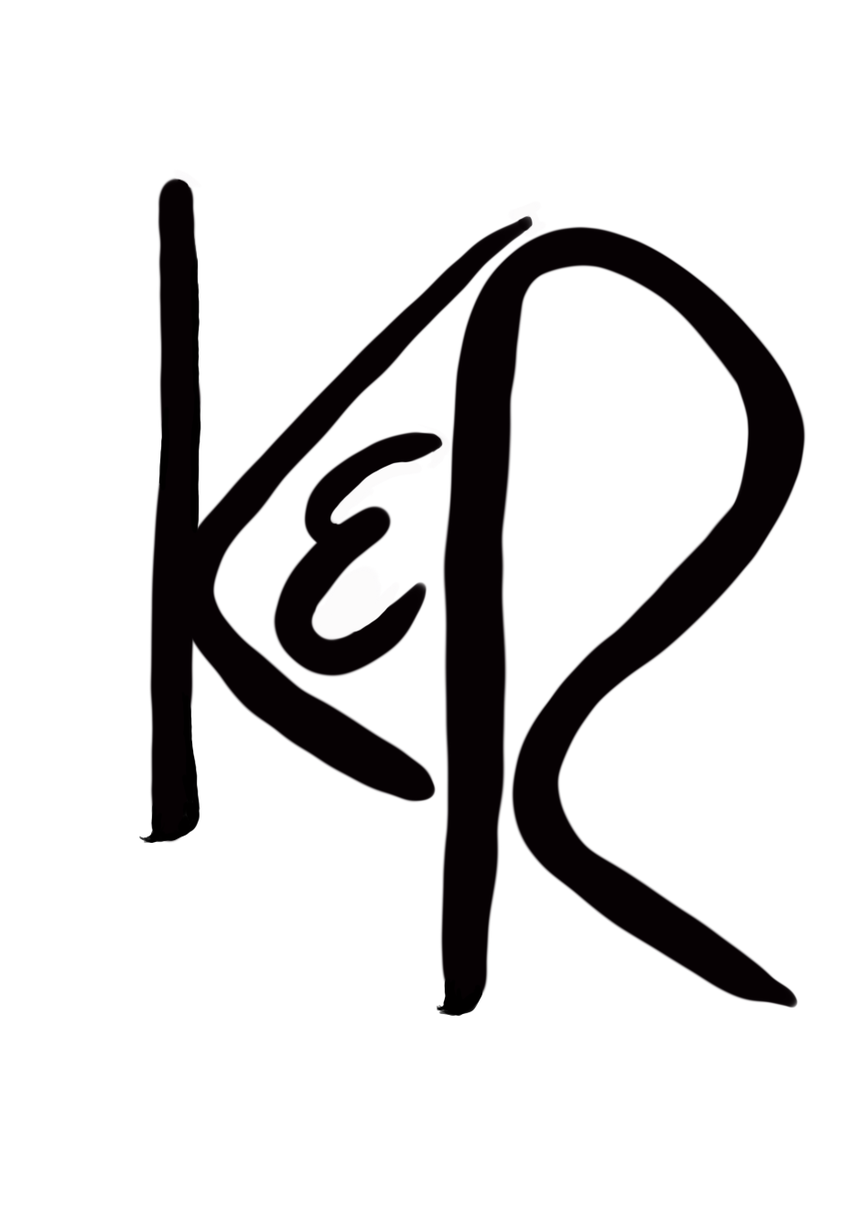God explained all that was about to happen when their meal was over: He would pass through the land that very night and strike all of the firstborn in the land, except for those houses that have the blood as a sign. He said, “When I see the blood, I will pass over you.” Once again we see this theme in Scripture of life and death, innocent animal and guilty people, blood and forgiveness.
6. IN HASTE (B.C.)
Then God gave what might be called the first fast food order: Plan ahead, roast it, consume it all, but eat in haste. Be clothed to travel (shoes on your feet, staff in hand), because things are going to change suddenly right after this meal is done. God knows about logistics; He made the heavens and the earth in a word, and then populated it all in less than a week. So when He says to be ready to move, you can believe that it will be too late if you just start getting ready after you eat. Imagine the anticipation and excitement, the anxiety and fear, that must have permeated the atmosphere that night. Like Christmas Eve, or the night before a wedding or graduation, or the morning before the big move, you know that life is about to change, and that everything will be different in just a few hours, but you can’t quite imagine what it will be like. You have been told that there will be universal death for your enemies, and that there is no reason to fear, as long as you did everything right. Let’s see: Circumcision, check. Unblemished lamb, check. Everything packed and ready, check. Traveling clothes on, check. All the flocks and herds in order, check. Okay, here we go!
6. IN HASTE (A.D.)
Jesus was prepared for the changes, and though He had told His disciples about them in advance, they were not ready. They hadn’t washed their feet, and they didn’t have their walking sticks, though they had two swords. Jesus had told them, “The Son of Man must suffer many things and be rejected by the elders and chief priests and scribes, and be killed, and on the third day be raised." (Luke 9:22) At the supper, our Lord made it clear that the great theme of life and death, innocent blood and guilty people, was all about to be fulfilled once and for all. But all they could do was to shake their heads and wonder who was going to mess up. So, let’s see, now: Everyone’s feet washed? No, but some of us got a good seat near the front. Got your walking sticks? No, but we have two swords. Ready to follow Him? No, more like ready to run. Ready to pray for an hour? No, we’ll probably sleep. “See, I have told you ahead of time,” says the Master. But the disciples are still unprepared. Strike the Shepherd, and the sheep will scatter.
7. UNLEAVENED BREAD (B.C.)
The Passover evening itself was to kick off the Feast of Unleavened Bread. They were to eat unleavened bread for the next week, but the real focus here was not so much on the FEAST as it was on being UNLEAVENED. In their haste to leave, there would be no time to wait for bread to rise, so this was all symbolic of the impending journey. But more than that, God said, “On the first day you shall remove leaven out of your houses, for if anyone eats what is leavened, from the first day until the seventh day, that person shall be cut off from Israel.” In fact, if any leaven is found in their houses, they are to be cut off. The first and last days of the week are designated to hold a sacred assembly. Those days are to be treated like the Sabbath, with no work done on those days. Why no leaven? I mean, here with the exodus that they were about to experience, that would mean that no one in the entire nation would have any yeast! No ability to make dough rise, for the next forty years! Apparently, God had forgotten about that little detail. Unless you knew that He was planning to provide manna for them for that whole time. Who needs earthly yeast when you have heavenly food? The LORD seems to have thought of everything, after all.
7. UNLEAVENED BREAD (A.D.)
Jesus followed the custom of eating unleavened bread on that Passover meal that we have come to know as the Last Supper. That night, He assigned a new meaning to the bread. “(W)hen he had given thanks, he broke it, and said, "This is my body which is for you. Do this in remembrance of me." (1 Corinthians 11:24) So the big deal about building a whole week around unleavened bread seems to have actually been about the sacrifice of Jesus. By His body and His blood we are redeemed, and we are made holy. And so we celebrate The Feast in remembrance of Him. “Cleanse out the old leaven that you may be a new lump, as you really are unleavened. For Christ, our Passover lamb, has been sacrificed.” (1 Corinthians 5:7)
